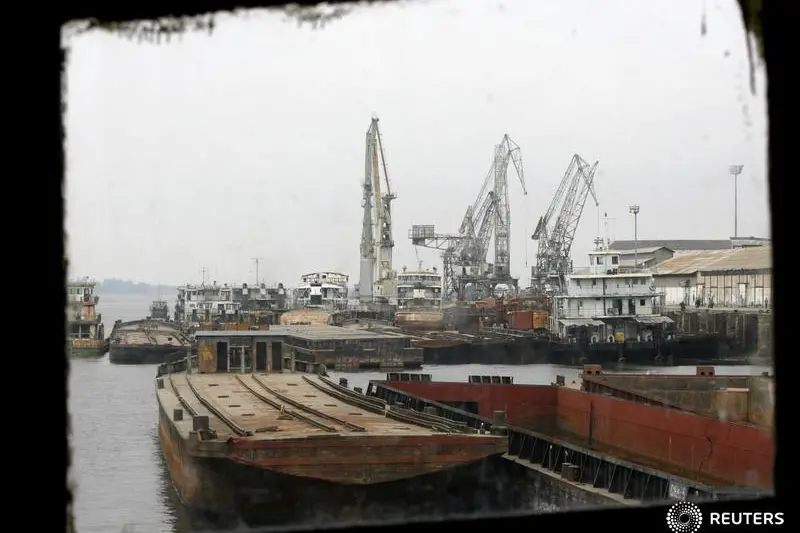PHOTO
By Antony Currie
NEW YORK, (Reuters Breakingviews) - Water problems could leave the burgeoning market for green cars high and dry. Ford is the latest to ramp up its electrification efforts with a planned joint venture with China’s Anhui. Trouble is, the industry relies heavily on the Democratic Republic of Congo for cobalt to make electric vehicles’ lithium-ion batteries.
Doing business in the DRC is challenging to begin with. In 2016 fresh violence erupted in parts of the country, displacing nearly a million people and raising fears of a revival of the civil war that raged for seven years at the turn of the century. Water woes add an extra level of difficulty.
Players like BHP Billiton need secure water supplies for their cobalt-mining operations. They also are big consumers of electricity, which is produced mostly by hydropower. With the Congo River running near 100-year lows after two years of drought, blackouts are a big risk.
Wastewater – the theme of the World Water Week conference that kicked off in Sweden on Sunday – is another problem. Adding untreated industrial sludge back into the river basin would make a bad situation worse: the majority of Congolese already lack access to safe drinking water.
Miscalculating water issues can be costly. Barrick Gold spent $5 billion on its Pascua Lama gold mine, which is still mothballed four years after a Chilean court forced its closure, citing pollution problems. BHP Billiton had to spend almost $2 billion on a desalination plant to ensure it had enough water for its operation in that country.
Electric vehicles will have to play a big role if governments and companies are to carry out the Paris climate-change accord and keep the globe’s temperature increase below 2 degrees Celsius. The International Energy Agency estimates there will have to be 1.2 billion electric cars on the world’s roads in 2060, up from just 2 million at the end of 2016.
Meeting that demand will require, by 2050, an almost 12-fold increase in the 121 million tonnes of cobalt mined last year, according to the World Bank. The DRC provided just over half that and holds almost 50 percent of global reserves of the metal, the World Bank estimates.
Cranking up production can generate billions of additional revenue for the impoverished country and help protect the global environment. Without adequate water, though, those opportunities will shrivel.
CONTEXT NEWS
- World Water Week got underway in Stockholm on Aug. 27. The event, organized by the Stockholm International Water Institute, brings together more than 3,200 people and almost 400 organizations including companies, investors, governments and non-governmental organizations. It continues until Sept. 1.
- Ford Motor on Aug. 22 signed a memorandum of understanding with Anhui Zotye Automobile in China to explore setting up a joint venture to produce, market and service a new range of all-electric passenger vehicles. Anhui Zotye is already a major manufacturer of zero-emission all-electric vehicles in China.
(Editing by Tom Buerkle and Martin Langfield)
© Reuters News 2017





















